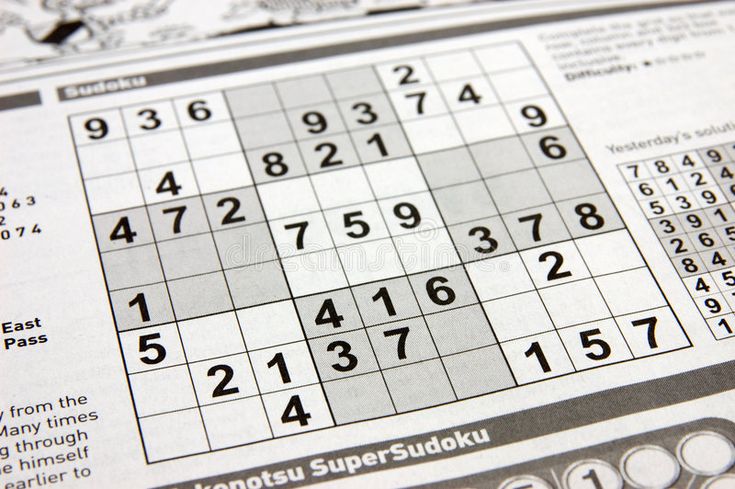Is Sudoku Good for Your Brain?
November 29, 2022
Sudoku is an internationally-loved game played by millions around the world. There’s no doubt it takes a level of patience and skill to analyze and solve these challenging number grids. But does engaging in a game of Sudoku actually improve your brain?
For those who are unfamiliar with Sudoku, it is a game that consists of a gridded puzzle where the player has to fill in the numbers 1-9 with each number existing once in each column, row, and box; the level of difficulty varies depending on the puzzle. While no definitive articles show that this game exclusively improves intellect and brain capacity, it has been linked to promoting brain health in several ways.
By stimulating your mind, Sudoku allows you to think critically, improving levels of concentration. A University of Exeter study found that individuals who frequently completed Sudoku puzzles had apt skills across a range of functions assessing memory, attention, and reasoning. Since players must place the numbers in specific places, over time, they become accustomed to recognizing the mental patterns as to where numbers go. Players also become more familiar with the strategies that help them win, improving their memory and critical thinking. The more you play, the faster you can solve the puzzle, possibly increasing the efficiency with which you do things in daily life. The game also requires a degree of attention and careful thought when figuring out where the numbers belong, refining concentration and multi-tasking skills.
Sudoku can also serve as a relaxation outlet for players. Even playing just a few times a week can take your mind off of the stress and anxiety many people experience. Sudoku keeps your brain actively learning in a healthy, rewarding way. Reserving the time to engage in this fun little activity every now and then can potentially help you manage life’s stressors and in turn, improve the quality of your life.


